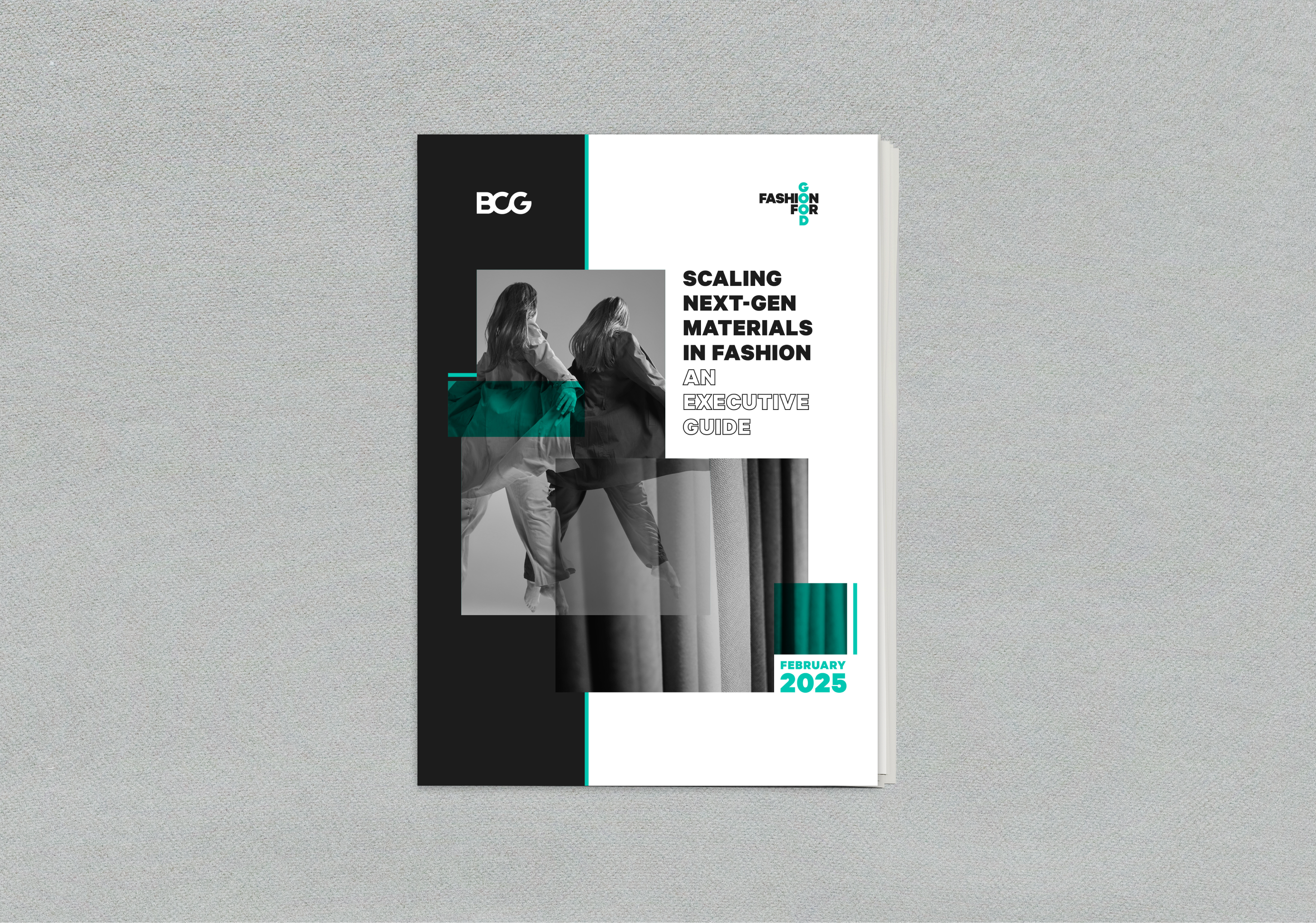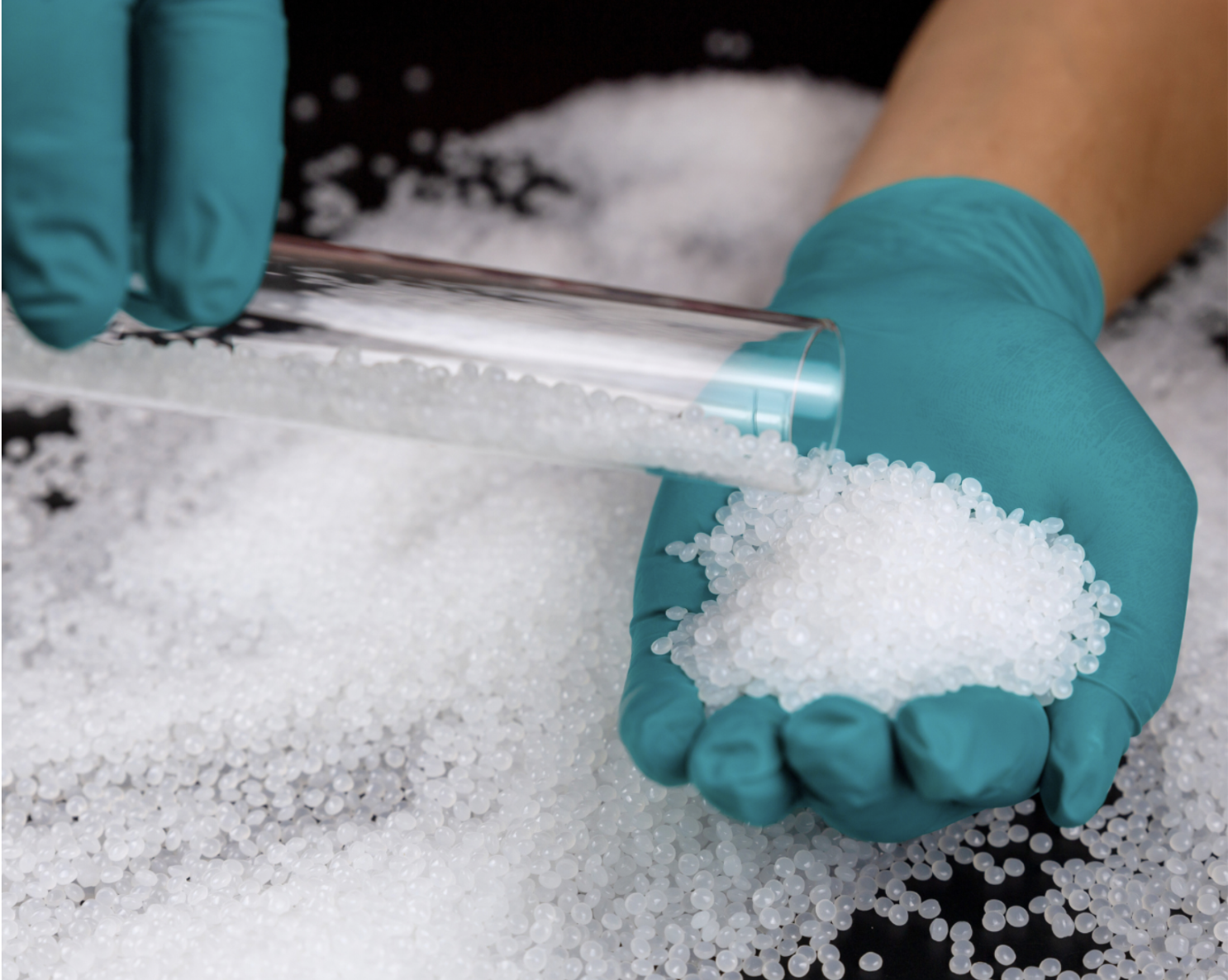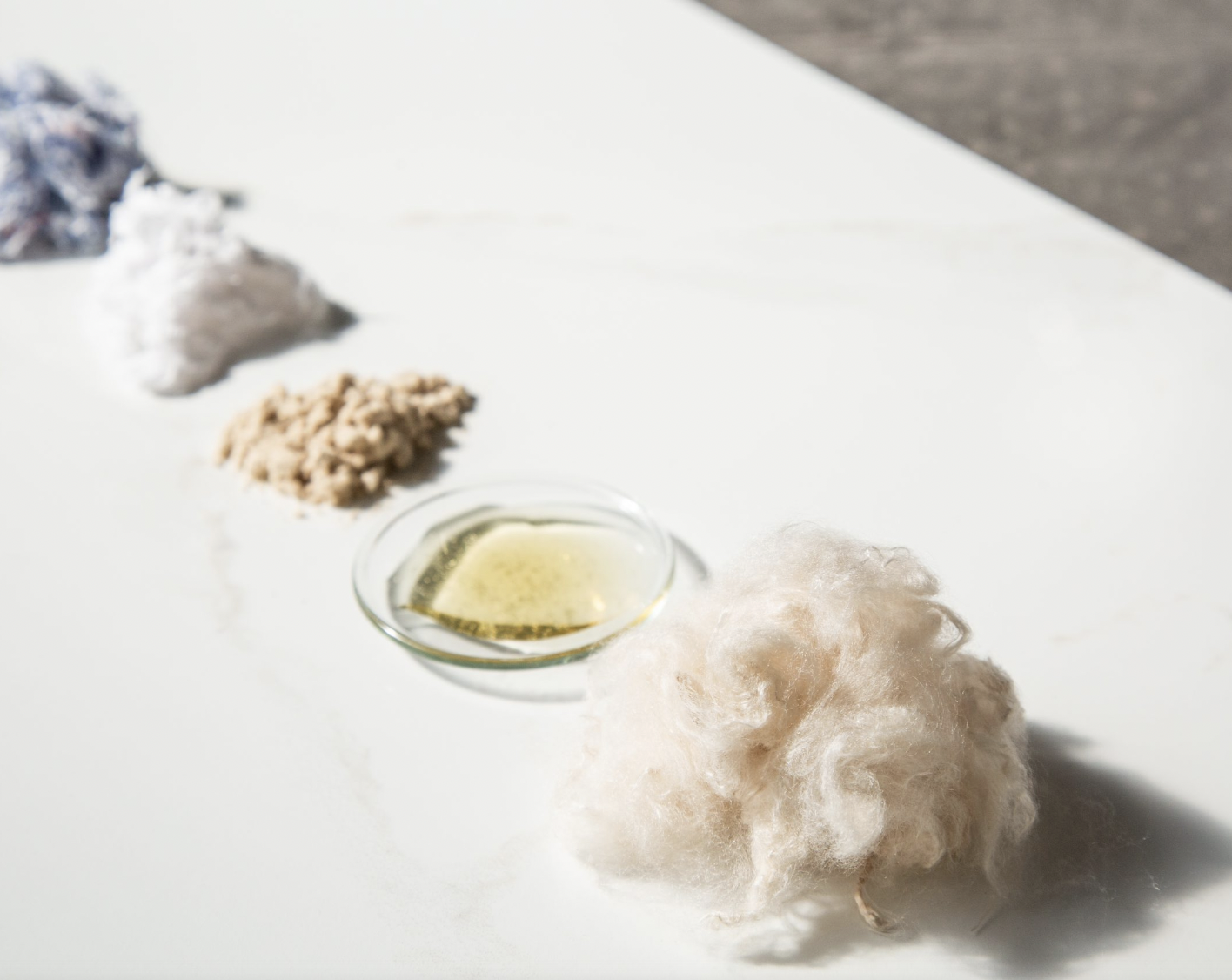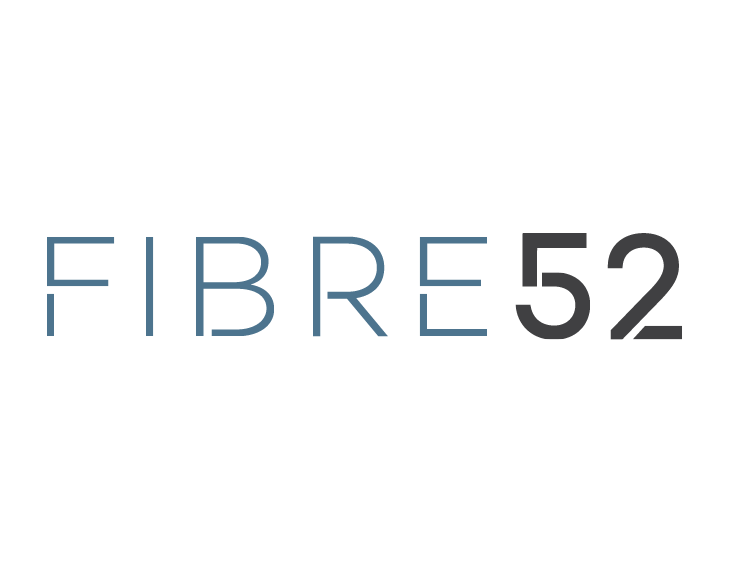
Beyond50 Denim: Combining Cottonised Hemp And Green Chemistry
“Beyond50 Denim: Combining Cottonised Hemp And Green Chemistry” aims to validate the performance and environmental impact of cottonised hemp processed with green chemistry to act as a true alternative to cotton in denim applications. The project goal is to evaluate the performance of SEFF’s cottonised hemp fibre in combination with Fibre52’s bio-friendly chemistry solution within denim fabric applications with a total hemp content of 50% and above. The fabrics will be benchmarked against conventional 100% cotton denim with a specific focus on handfeel and aesthetic characteristics.
Problem Statement
The denim industry is characterised by a reliance on conventionally cultivated cotton, a fibre favoured for its inherent softness, comfort, and cost-effectiveness. However, conventional cotton cultivation is notably resource-intensive, necessitating substantial water and pesticide inputs, thereby raising significant concerns regarding its long-term environmental sustainability.
In response to these challenges, there is an increasing appetite for alternative natural fibres capable of mitigating the environmental footprint of denim production. Hemp emerges as a highly promising alternative to cotton primarily due to its reduced water and pesticide requirements, its capacity to enhance soil health, and its robust sustainability profile.
Despite these demonstrable advantages, the integration of hemp in denim applications has been constrained by several technical and perceptual barriers. Consequently, the maximum inclusion of hemp within denim offerings is typically limited to around 20% thereby necessitating a challenging trade-off across performance, price, and environmental impact parameters. These factors have collectively contributed to the limited adoption of hemp as a mainstream fibre in denim.
Executive Summary
“Beyond50 Denim: Combining Cottonised Hemp And Green Chemistry” is a 12-month project led by Fashion for Good, with participation from brands Bestseller, C&A, Reformation, PDS Limited and Target, the manufacturers Bossa in Turkey and Nice Denim in Bangladesh. The overarching objective of this project is to facilitate the denim industry’s strategic transition from conventionally cultivated cotton to a more sustainable alternative, cottonised hemp. This project aims to evaluate the performance of SEFF’s cottonised hemp fibre in combination with Fibre52’s softening formulation within denim fabric applications, with a specific focus on handfeel and aesthetic characteristics when benchmarked against conventional 100% cotton denim. By combining these two innovative technologies, the project aims to establish a processing pathway that enables hemp content to exceed 20% and reach 50% and beyond in denim applications while maintaining performance parity with conventional cotton.
Goals of the Project
-
Overcome Performance Barriers: Address aesthetic and handfeel challenges in denim containing over 20% hemp content through a combination of SEFF’s Nano-Pulse™ cottonised hemp fibres and Fibre52 bio-friendly chemistry solution that imparts a softer handfeel to cellulosic fibre-based fabrics.
-
Establish New Industry Perspectives: Determine that hemp-based denim can meet or surpass cotton benchmarks while offering superior sustainability.
-
Validation in Two Supply Chains: Apply these technologies at two different mills, Bossa (Turkey) and Nice Denim (Bangladesh).
Innovators
Industry Partners
Relevant Resources

Bending The Adoption Curve: Next-gen Materials To Reach 8% Of Fiber Market By 2030

Feedstock Assessment for Biosynthetic Innovation
Feedstock Assessment for Biosynthetic Innovation, an initiative in collaboration with Bestseller and On aimed at accelerating the industry’s shift towards alternatives to fossil-fuel polymers. The assessment will be conducted in partnership with industry experts, the Nova Institute.

New Cotton Project
In a world first for the fashion industry, twelve pioneering players came together to break new ground by demonstrating a circular model for commercial garment production.

Organic Cotton Traceability Pilot
This project tested the feasibility of tracking organic cotton, from farms to retail, using on-product markers and blockchain technology.
Other Projects

The Next Stride: Bio-based Materials for Footwear Soles
“The Next Stride: Bio-based Materials for Footwear Soles” aims to validate the performance and environmental impact of bio-based polymers as sustainable alternatives to the fossil fuel-derived materials currently used in footwear soles. The objective is to collectively de-risk the transition to these “next-generation” materials by rigorously testing their technical properties and assessing environmental benefits. Ultimately, the purpose is to accelerate the adoption of these bio-based solutions and pave the way for a more sustainable footwear industry.

Price Parity Toolkit
The Price Parity Toolkit (PPT) was designed to help bridge the price gap between next-gen* and conventional materials. Developed by Fashion for Good with the support of Canopy, this industry-supported framework introduces a financing mechanism that decouples price premiums at early stages of the supply chain to enable adoption and drive the scale of lower-impact materials.

Fiber Club
Fashion for Good’s Fiber Club unites brands and innovators to fast-track the use of sustainable materials in the fashion sector. These partnerships offer brands early access to cutting-edge fibres, ensuring beneficial supply agreements and easier incorporation into their supply chains. Fiber Club aims to not only shift the cost structure but to help align brands in a very fragmented and competitive industry.







